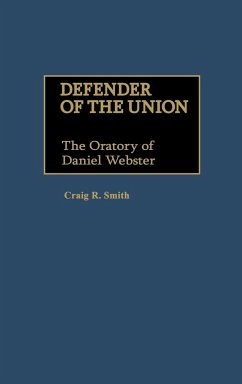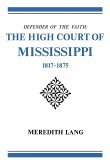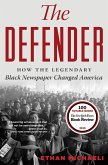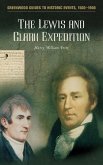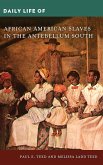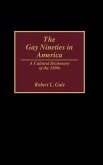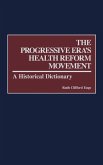Like no other orator in American history, Daniel Webster dominated the Federal courts, the Congress, and the public speaking circuit. In this book, Smith offers a close study of the rhetorical techniques and powers of persuasion that gave Webster a uniquely influential voice in the political, legal, and social affairs of the young republic. The volume includes the edited texts of six speeches that illustrate the range of Webster's achievements, together with a chronology of his speeches and an annotated bibliography. In his introduction, Smith examines Webster's early training and accomplishments in the field of oratory and discusses the Aristotelean principles upon which the present analysis of Webster's work is based. Smith begins with Webster's forensic speeches before the Supreme Court and in the famous Knapp-White murder trial. He next considers Webster's gift for ceremonial speaking, by analyzing examples of his eulogies, dedication addresses, and other commemorative speeches. Two chapters focus on his deliberative speech-making, with special emphasis on analysis of the audience Webster spoke to, the Webster-Hayne debate, and Webster's speeches endorsing the Compromise of 1850. Among the edited works presented are Webster's presentations in McCulloch v. Maryland, a milestone in American constitutional precedent; in the Knapp-White murder case; his Eulogy to Adams and Jefferson; Webster's second reply to Hayne; and his Seventh of March Address. The author stresses that Webster's importance goes beyond his considerable impact on constitutional thought and the political life of the nation. His speeches are unequaled as models of effective and literate public address, and his arguments, values, style, and use of evidence have much to tell us about American consciousness during the antebellum era. Written by a noted speechwriter and scholar specializing in rhetoric and First Amendment issues, this book is an appropriate choice for speech communication classes or studies in speech communication, American public address, and rhetorical criticism, as well as antebellum U.S. history classes.

